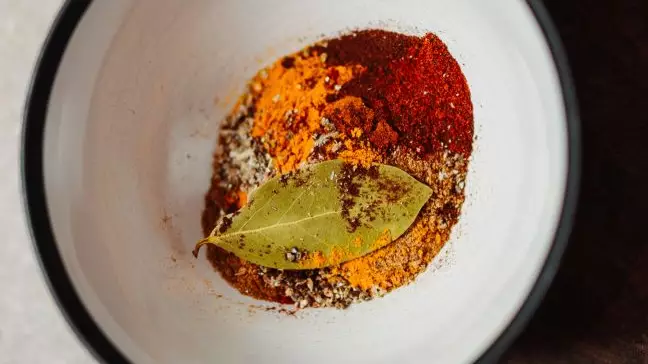
Summer is all fun and games until our hay fever returns to wreak havoc on our plans with runny noses, streaming eyes and uncontrollable sneezing (to name a few).
But aside from one-a-day antihistamines and staying indoors, what else can we be doing to relieve our hay fever symptoms and make the most of the summer?
Pretty52 spoke to a hay fever expert to find out whether any changes to our diets will help banish pesky hay fever this summer. And from hot spicy curries to herbal teas, here's what you should be eating to relieve all the symptoms.
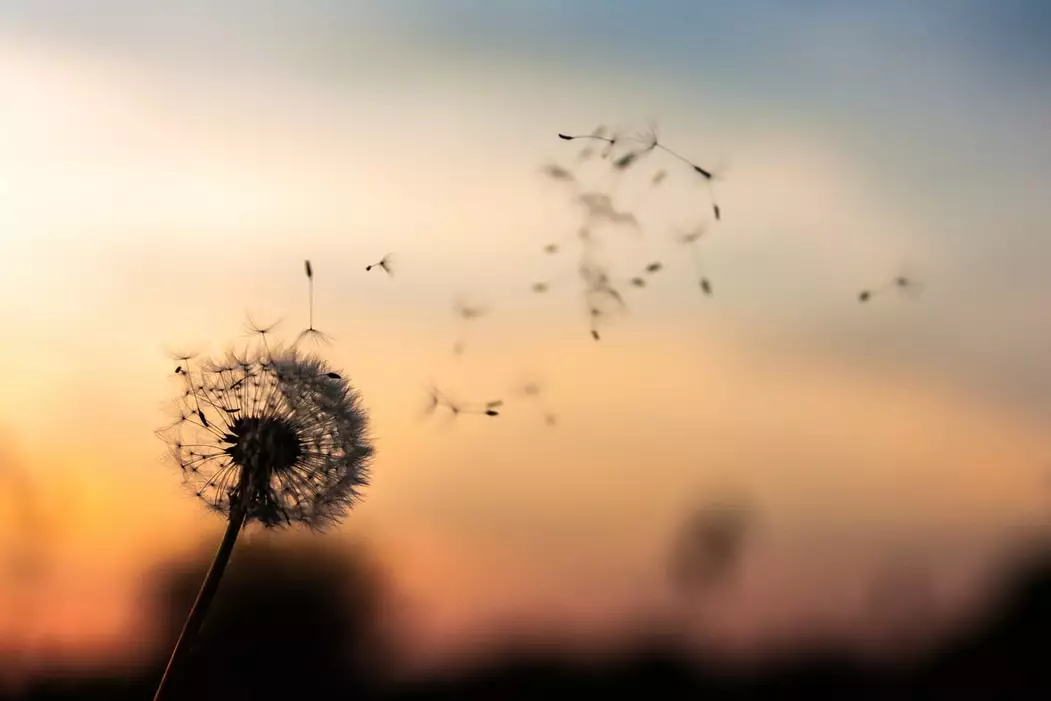
So what should our diets definitely contain?
Advert
Dr Preethi, clinical director at the Private GP, London Doctors Clinic, explains that while there's little evidence to support "tried and tested" foods that can help hay fever, boosting your immune system and keeping yourself energised as well as hydrated will help keep those histamine releasing cells, which cause hay fever, quiet.
And your beloved avocado on toast with eggs might be the perfect breakfast for hay fever suffers.
"Include Omega fatty acids in your diet, found in oily fish, flax seeds, avocado and nuts, they will help to boost your immune system, as they have an anti-inflammatory advantage," Dr Preethi tells us. "Vitamin D, which is also responsible for a healthy immune system can be found in some vegetables, eggs, and soya milk."
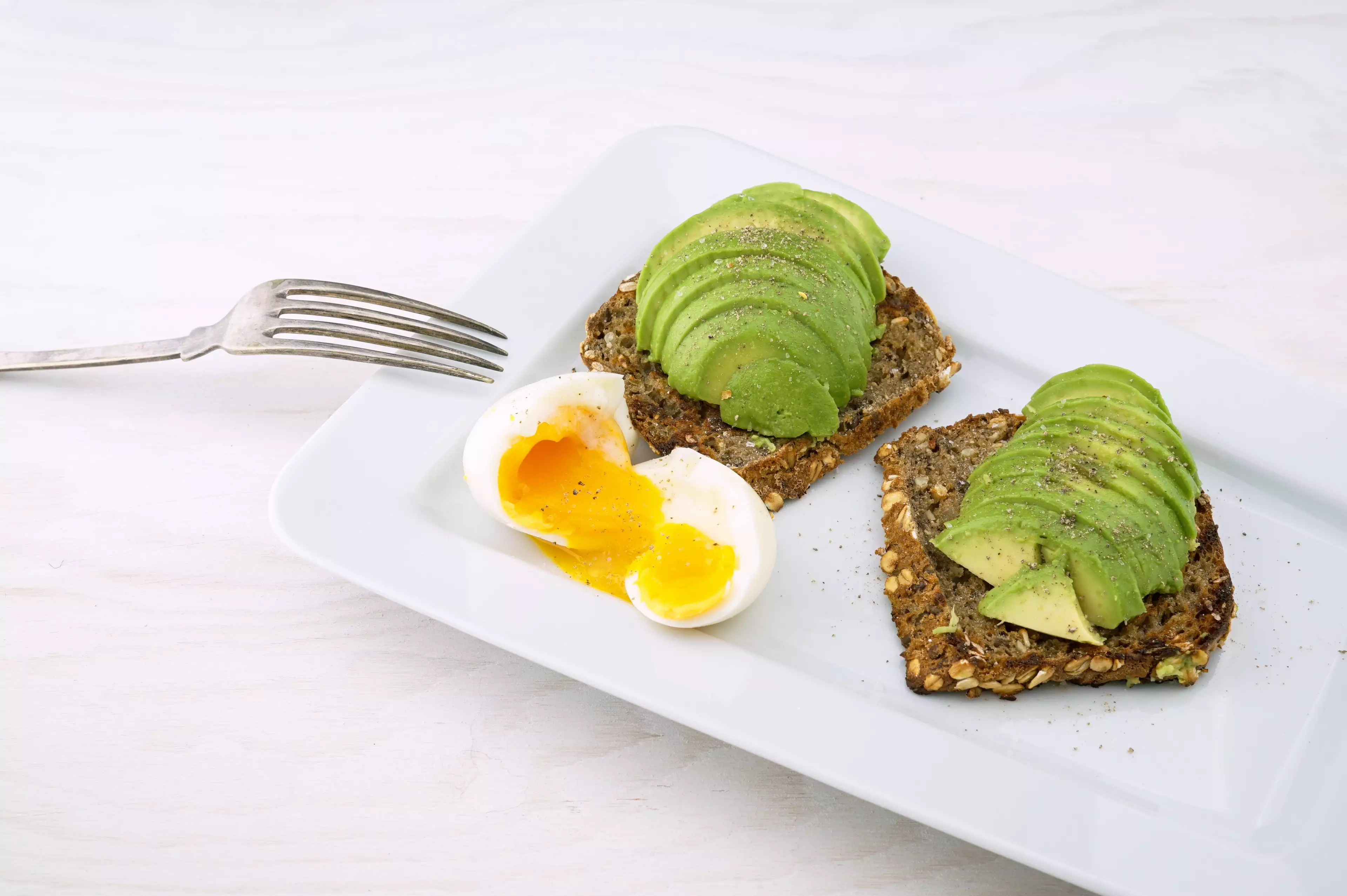
Certain types of fruits and vegetables might also help due to their antioxidant properties, so load up on those.
Advert
"You should also [add] more carotenoids to your diet, since they act as antioxidants, which will help to boost your immune system - these can be found in carrots, apricots, pumpkins and spinach," says Dr Preethi.
"Sweet potato is an anti-inflammatory which can help reduce inflammation and irritation caused by hay fever."
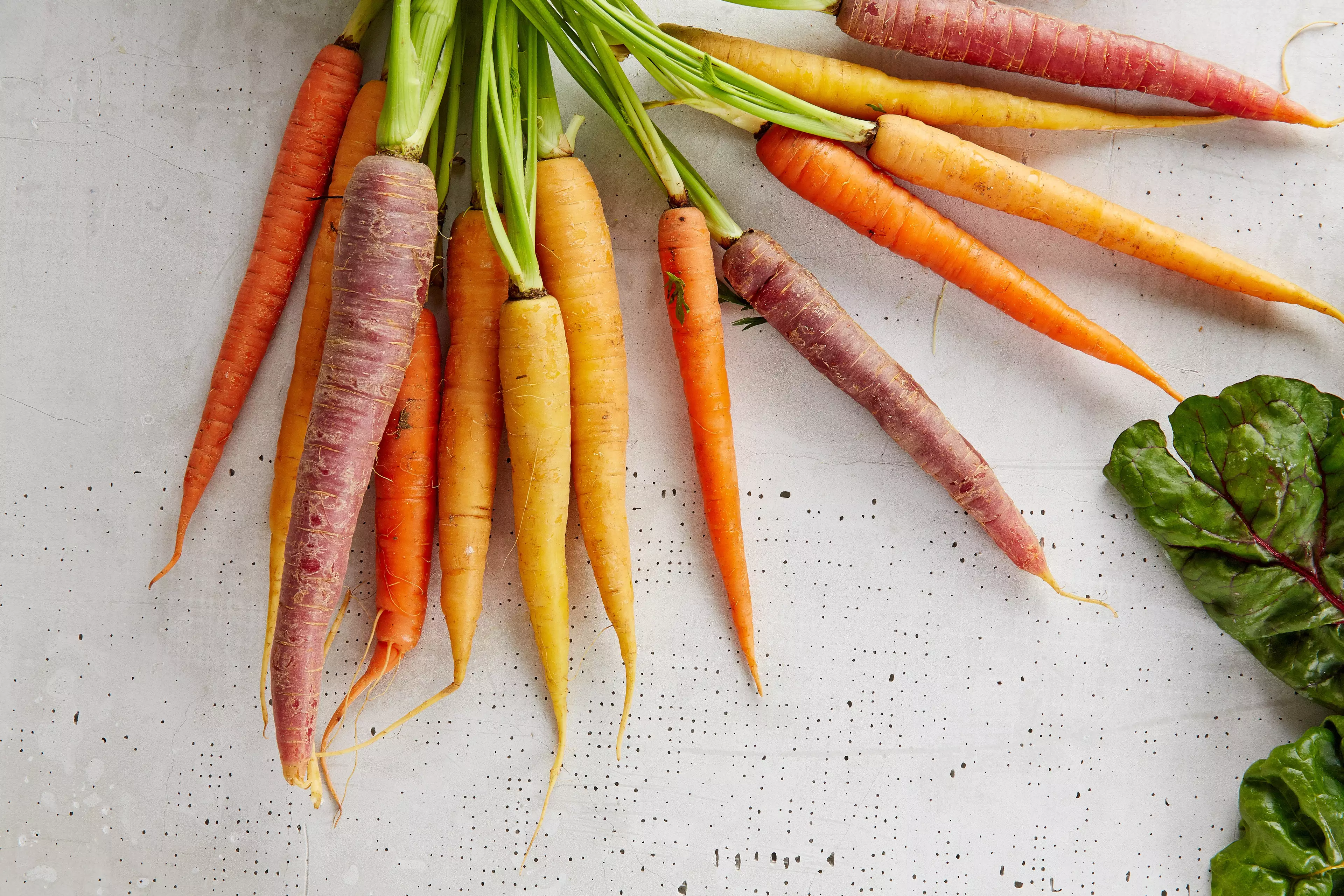
Wash all that down with a cuppa as a number of different herbal teas may also help to relieve allergy symptoms, says our hay fever expert.
Advert
Chamomile tea is known for its anti-inflammatory properties, while a cup of ginger tea is a strong booster of the immune system as is green tea, which can also work as a natural antihistamine, detox your body and give you plenty of energy.
A cup of peppermint tea may relieve nasal congestion and nettle tea is thought to have natural antihistamine properties, which will also help to relieve symptoms.
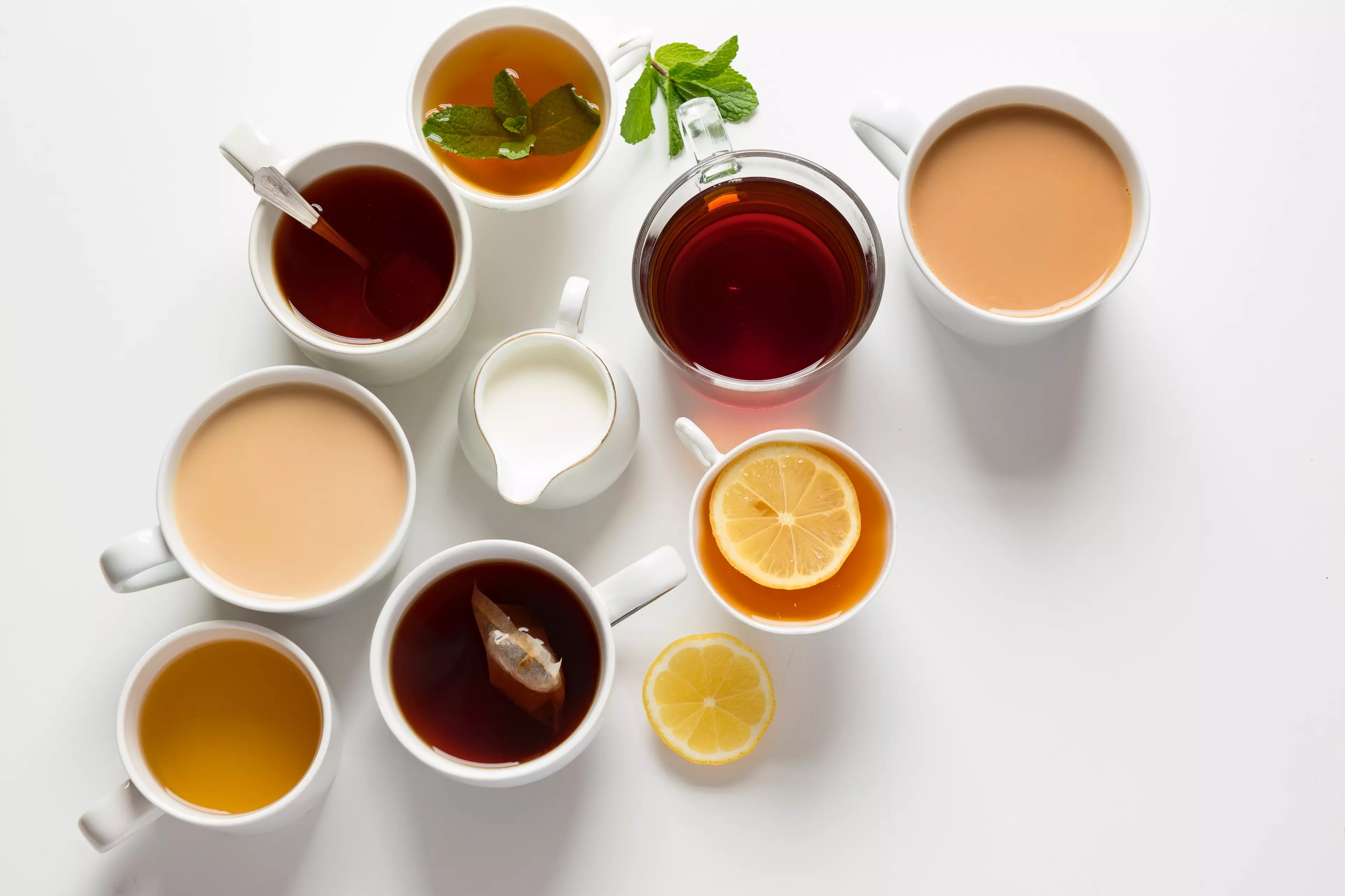
Advert
Aside from cups of tea, heading down to your local takeaway for a spicy treat might be the answer to you woes.
"You may also find that eating a spicy curry can help ease your symptoms," explains Dr Preethi. "Hot chilli peppers contain capsaicin, a component which is activated when consumed, this opens nasal passages and stimulates normal breathing.
"Turmeric, the common Indian spice, and cinnamon are considered good anti-inflammatories and natural immune system boosters which will help to combat the effects of pollen allergies!"
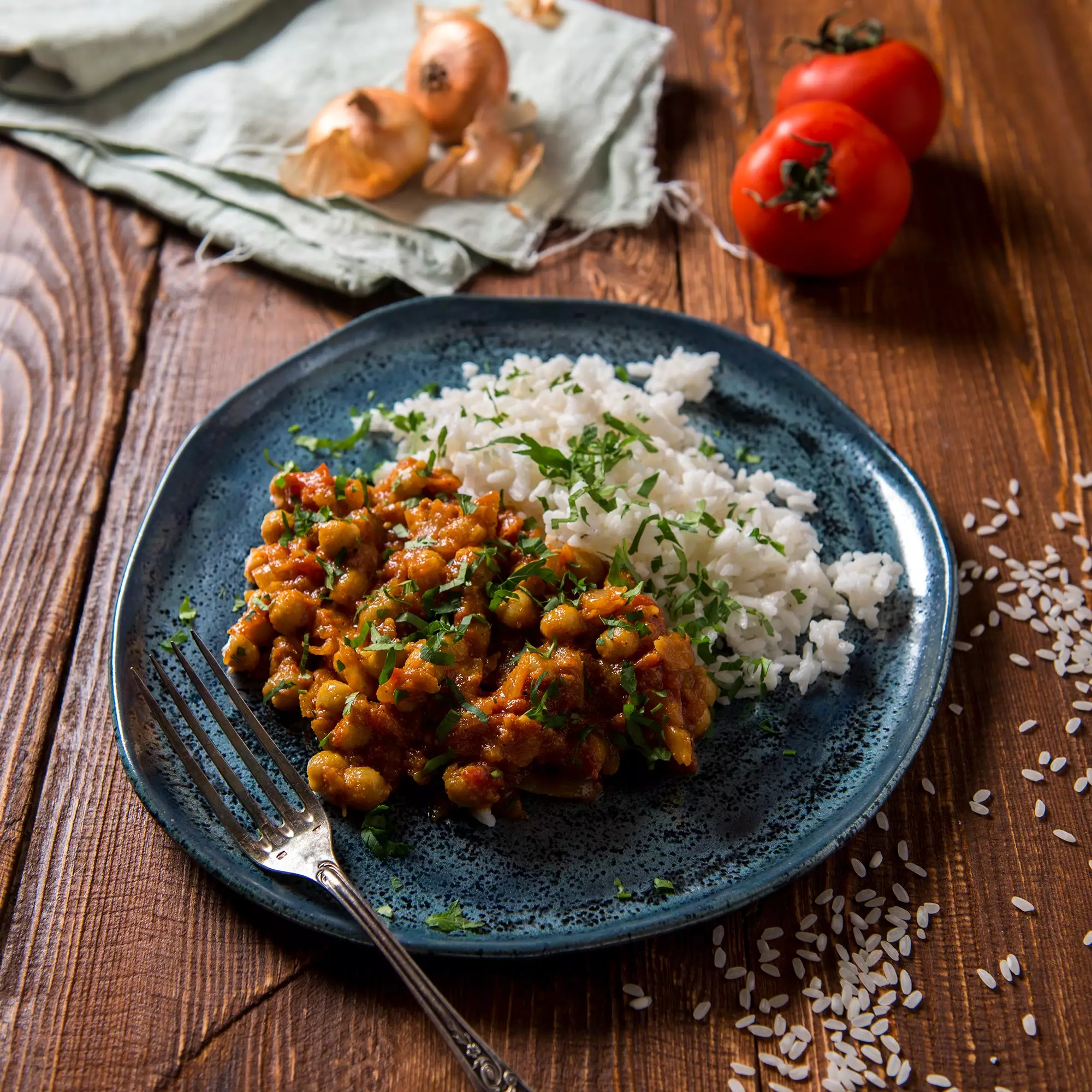
Is there anything we should avoid?
Advert
Dr Preethi says that dairy products could aggravate hay fever symptoms, so steer clear of those.
"Up to a quarter of asthma/hay fever sufferers report dietary sensitives and dairy often seems to be the culprit, amongst many other things," she says. "Dairy products increase production of mucus which worsens blocked and runny noses.
"Instead people with hay fever may want to opt for dairy-free alternatives, such as oat, soya or nut milks, as they will not aggravate your allergies further."
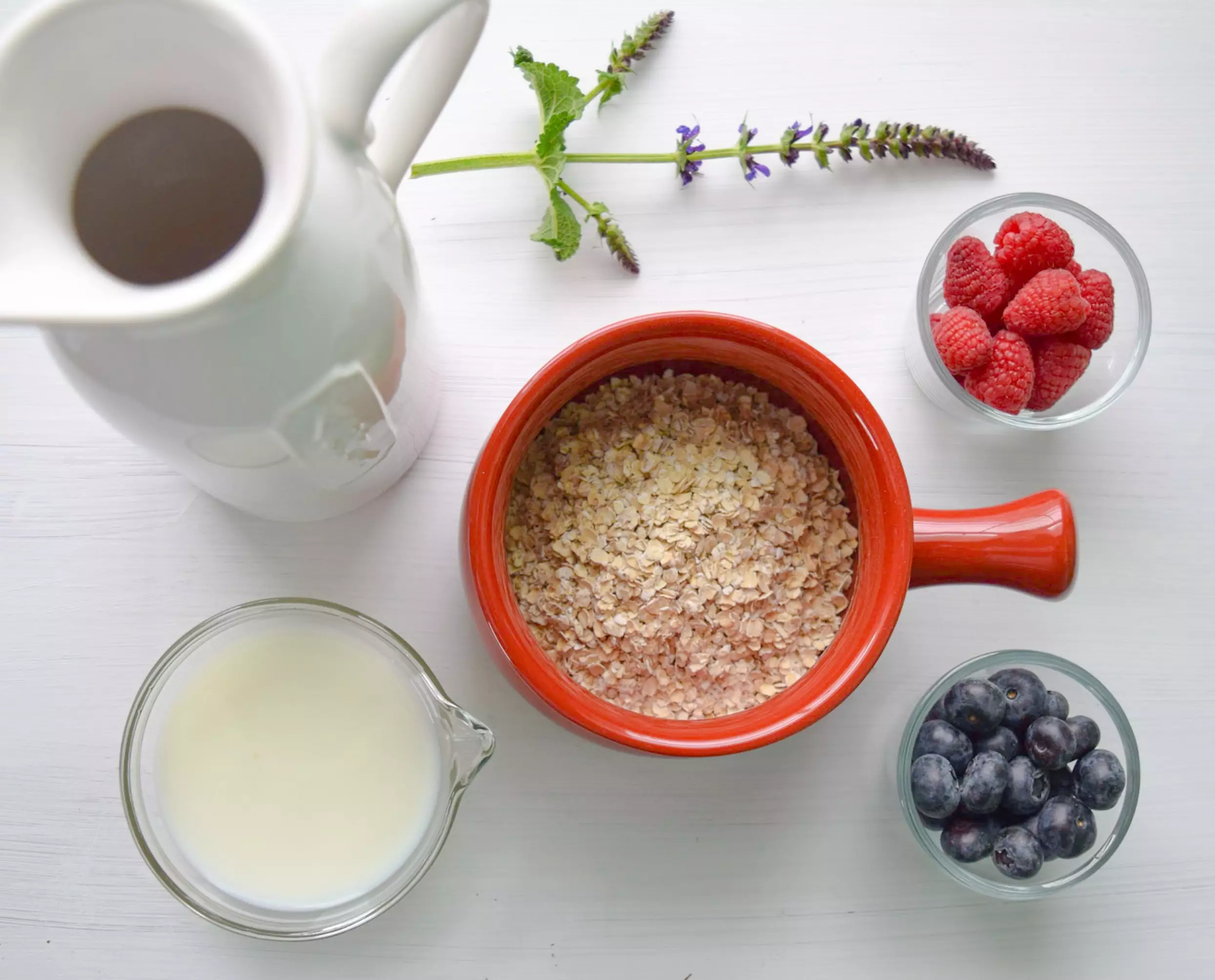
Anybody fancy an Indian takeaway, all in the name of medicine?
Featured Image Credit: Unsplash/Andy HolmesTopics: Life News, Real, Food And Drink, Health